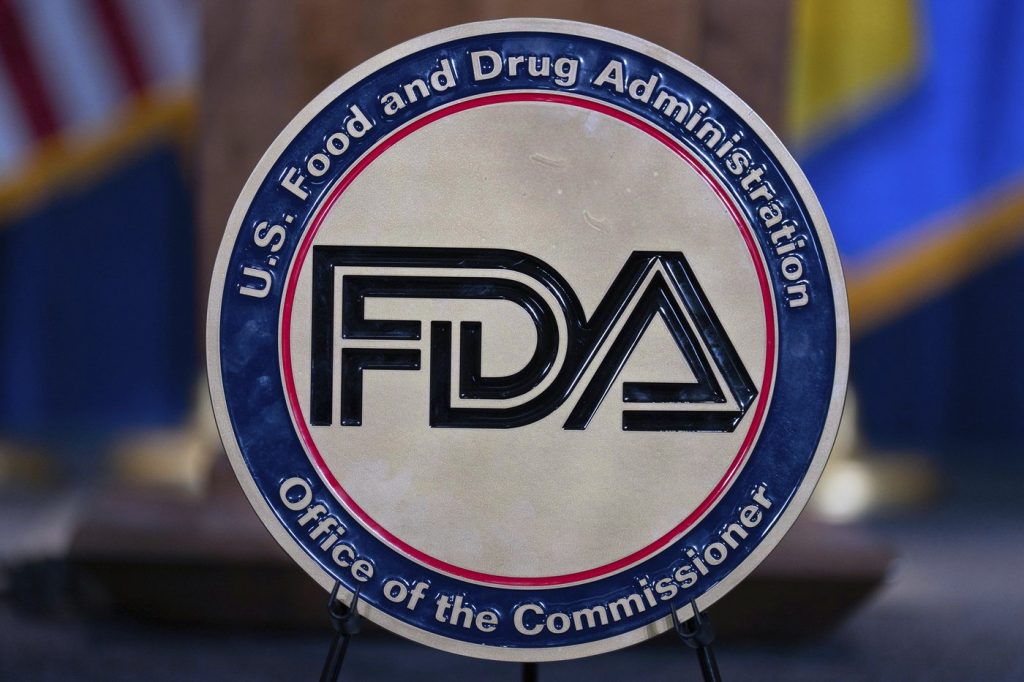WASHINGTON (AP) – Drugmaker Sarepta Therapeutics announced late Friday that it will not comply with a request from the Food and Drug Administration (FDA) to stop all shipments of its gene therapy following the death of a third patient who was receiving treatment for muscular dystrophy. This decision by the company represents a significant moment in what has been a tumultuous period for Sarepta, which has seen its stock decline sharply and was recently forced to lay off 500 employees.
The FDA's request came after a series of tragic events, including the deaths of two teenage boys who were taking the therapy, named Elevidys. The FDA has the authority to withdraw drugs from the market, but typically makes informal requests, which companies usually honor. However, Sarepta's refusal to comply with this recent FDA request raises serious concerns about the future availability of Elevidys, which is the first gene therapy approved in the U.S. for Duchenne's muscular dystrophy—a fatal condition primarily affecting males.
In a statement, FDA Commissioner Marty Makary emphasized the importance of drug access for unmet medical needs but stressed that the agency would act decisively when faced with serious safety signals. Elevidys received accelerated approval in 2023 despite skepticism from some FDA scientists regarding its efficacy. The therapy was given full approval last year and was later expanded for use in patients aged four and older, including those no longer able to walk, whereas it had initially only been available for younger, ambulatory patients.
Sarepta claims that its scientific review indicates "no new or changed safety signals" for younger patients with early-stage Duchenne's and intends to keep the drug available for that demographic. The company is eager to engage in continued discussions with the FDA to address the situation surrounding the drug's safety and efficacy.
Earlier in the month, Sarepta had already halted shipments of Elevidys for older boys with Duchenne's after the deaths of two patients. The third patient, a 51-year-old individual involved in a clinical trial for a different form of muscular dystrophy, also recently passed away; this death has been reported to the FDA. Importantly, Sarepta clarified that the gene therapy connected to this incident uses a different dosage and manufacturing process than Elevidys.
Investigations revealed that all three patient deaths were associated with liver injuries, a side effect noted in Sarepta's prescribing information. In response to these serious safety concerns, earlier this week, the company announced that it would be adding a bold warning to the drug's label and laying off one-third of its workforce. Notably, the company did not mention the third patient death during its news release or conference call regarding these changes, which drew sharp criticism from Wall Street analysts.
Following these developments, Sarepta's shares plummeted by over 35% on Friday, closing at $14.07. Headquartered in Cambridge, Massachusetts, Sarepta has received FDA approval for three other Duchenne's drugs since 2016; however, none have been conclusively shown to be effective. The company has faced ongoing criticism for its failure to complete various studies necessary for securing full FDA approvals for its treatments.











